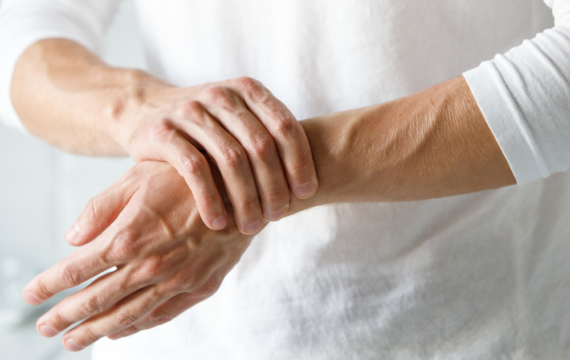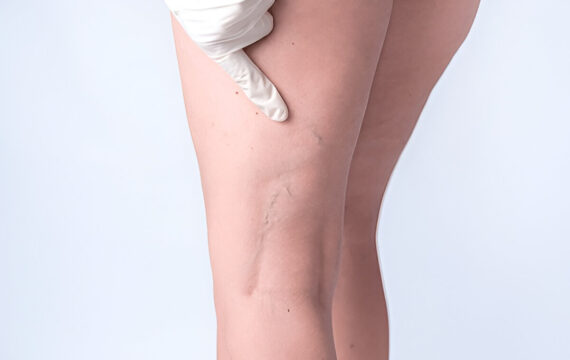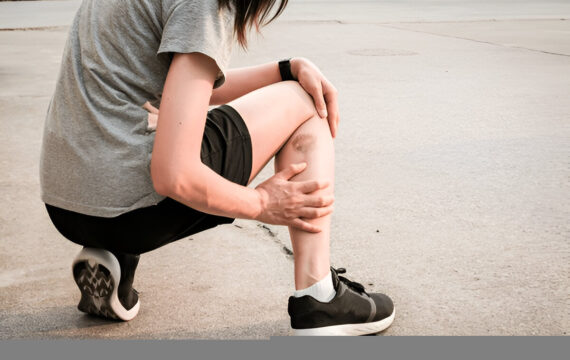Muscle injuries are a common setback for athletes, fitness enthusiasts, and individuals with active lifestyles. Whether caused by overuse, sudden trauma, or improper movement, muscle injuries can range from minor strains to severe tears. Knowing how to treat these injuries effectively can accelerate recovery and reduce the risk of long-term complications.
Types of Muscle Injuries
Muscle injuries can be categorized into three main types:
- Muscle Strains: These occur when the muscle fibers are overstretched or torn, often due to sudden movement or overuse.
- Muscle Contusions (Bruises): Caused by direct impact, resulting in bleeding within the muscle.
- Muscle Tears: Severe injuries involving complete or partial rupture of the muscle.
Identifying the severity of the injury is essential for determining the most appropriate treatment plan.
Immediate Steps for Muscle Injury Treatment
When a muscle injury occurs, immediate action can significantly influence the recovery timeline. The R.I.C.E protocol is a widely recommended first step:
- Rest: Avoid activities that strain the injured muscle.
- Ice: Apply an ice pack to the affected area for 15–20 minutes every 1–2 hours to reduce swelling.
- Compression: Use a compression bandage to minimize swelling and support the injured area.
- Elevation: Keep the injured area raised above heart level to reduce fluid accumulation.
Standard Treatments for Muscle Injuries
Physical Therapy
A tailored physical therapy program helps restore muscle strength, flexibility, and function. Exercises should start gently and progress gradually as healing occurs.
Medications
Over-the-counter pain relievers like ibuprofen or acetaminophen can alleviate pain and reduce inflammation. For severe cases, a doctor may prescribe muscle relaxants or stronger anti-inflammatory medications.
Heat Therapy
Once the initial swelling subsides (usually after 48–72 hours), applying heat can increase blood flow and promote healing.
Massage Therapy
Therapeutic massage can relieve tension, reduce scar tissue formation, and improve circulation in the injured area.
Surgery
In rare cases of complete muscle rupture, surgical repair may be necessary. This is more common for injuries involving tendons or large muscle groups.
Alternative Therapies for Muscle Recovery
For those seeking non-conventional approaches, several alternative therapies have shown promise:
Platelet-Rich Plasma (PRP) Therapy
PRP therapy involves injecting concentrated platelets from your blood into the injury site to stimulate tissue regeneration.
Cold Laser Therapy
This technique uses low-level laser light to reduce pain and inflammation while accelerating cellular repair.
Nutritional Support
Consuming a diet rich in protein, omega-3 fatty acids, and antioxidants can aid muscle repair and reduce inflammation. Supplements like vitamin C, zinc, and collagen may also be beneficial.
Tips to Prevent Muscle Injuries
While treatment is essential, prevention is always better. Here are some tips to minimize the risk of muscle injuries:
- Warm Up and Stretch: Prepare your muscles before any physical activity.
- Strengthen Supporting Muscles: Focus on building balanced muscle strength to prevent overcompensation.
- Maintain Proper Technique: Whether lifting weights or performing sports drills, proper form is crucial.
- Listen to Your Body: Avoid overtraining and give your muscles adequate time to recover between workouts.
Conclusion
Recovering from a muscle injury doesn’t have to be a prolonged or frustrating process. By combining immediate care with proven treatments and preventative measures, you can speed up healing and return to your active lifestyle more quickly. If the injury is severe or symptoms persist, always consult a healthcare professional for personalized advice.




